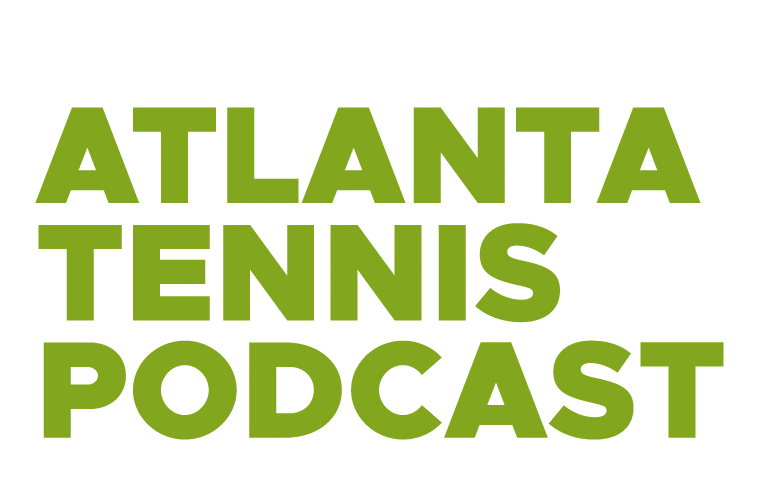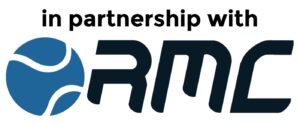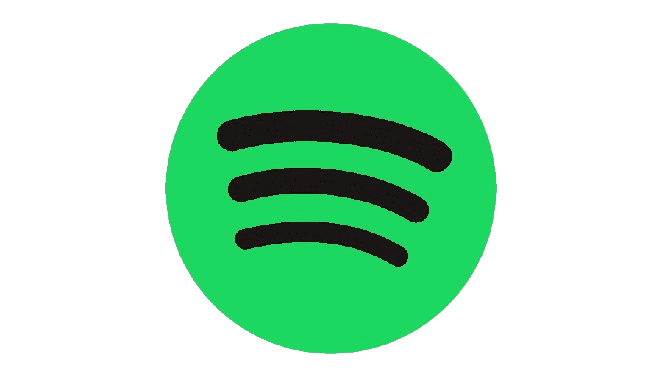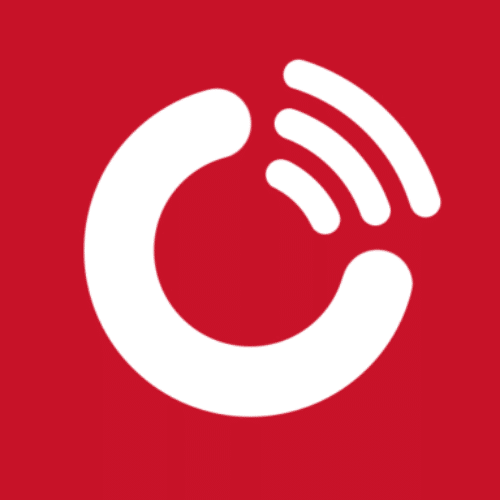WELCOME TO THE ATLANTA TENNIS PODCAST!
Focused on making metro Atlanta tennis even better than it already is. We are a non-GMO, gluten-free, and cruelty-free podcast. Side effects should include improved tennis games, more wins, increased flexibility, and a strong inner desire to save money by becoming a GoTennis! member.
WELCOME TO THE ATLANTA TENNIS PODCAST!
Focused on making metro Atlanta tennis even better than it already is. We are a non-GMO, gluten-free, and cruelty-free podcast. Side effects should include improved tennis games, more wins, increased flexibility, and a strong inner desire to save money by becoming a GoTennis! member.
Listen for free
THE LATEST Podcast
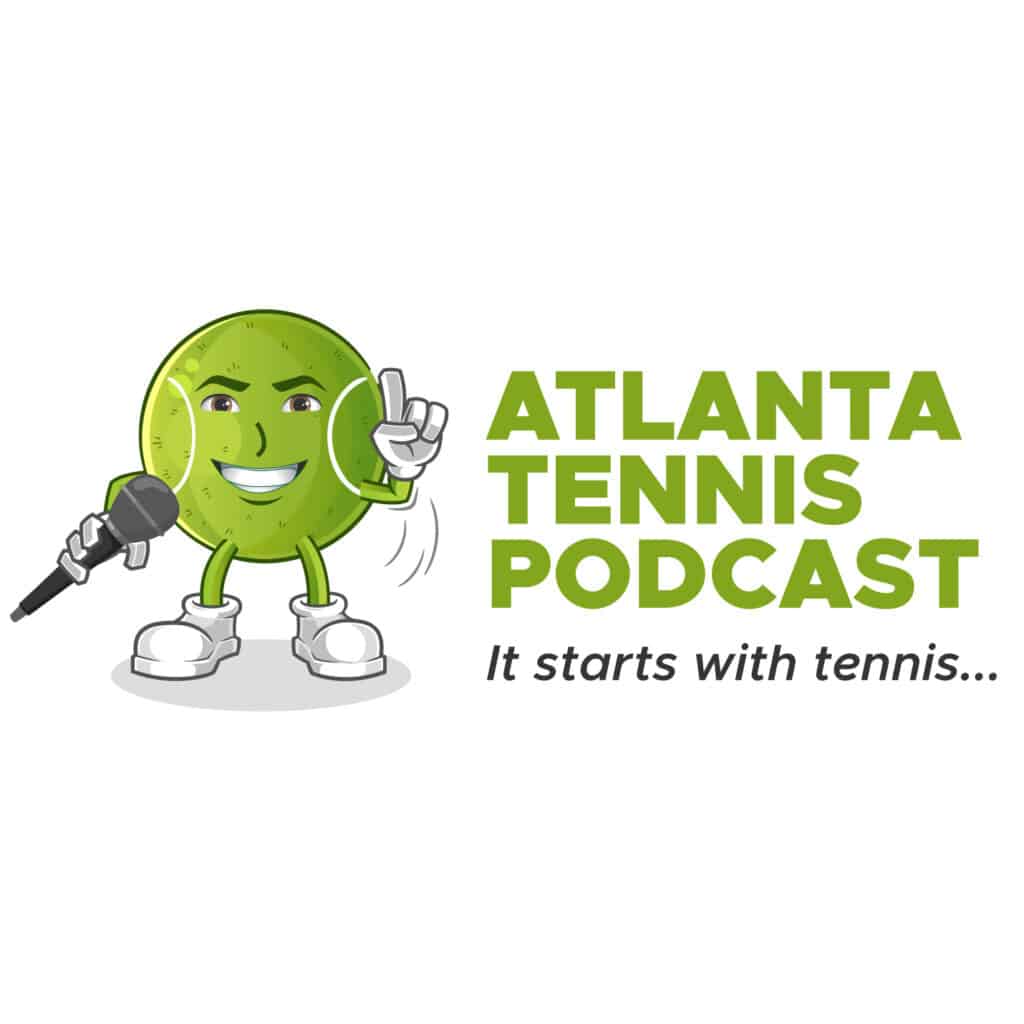
About the Podcast
Atlanta Tennis Podcast
Contact
Shaun
Bobby
About your hosts
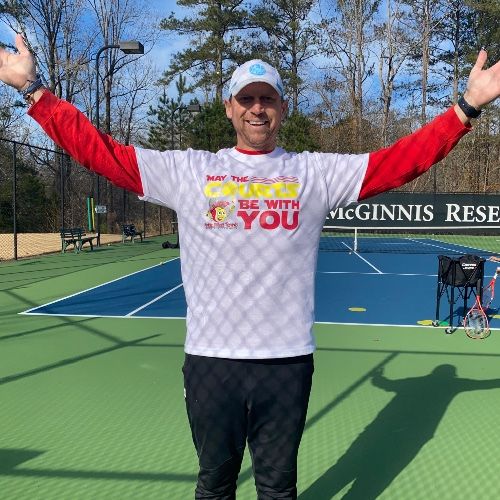
Shaun Boyce
Certified by the USPTA, I have more than 25 years experience coaching tennis players as well as other coaches. An inventive mind with cutting edge ideas allows me to accumulate conventional wisdom and apply it to the modern business practices of the future.
Taking my coaching to the next level is always on the calendar including coFounding projects like reGeovinate, creating the Education Support Network to help families during the Covid pandemic, as well as starting the International Tennis Initiative which takes Tennis for Children to Ecuador.
Social Media Profiles:
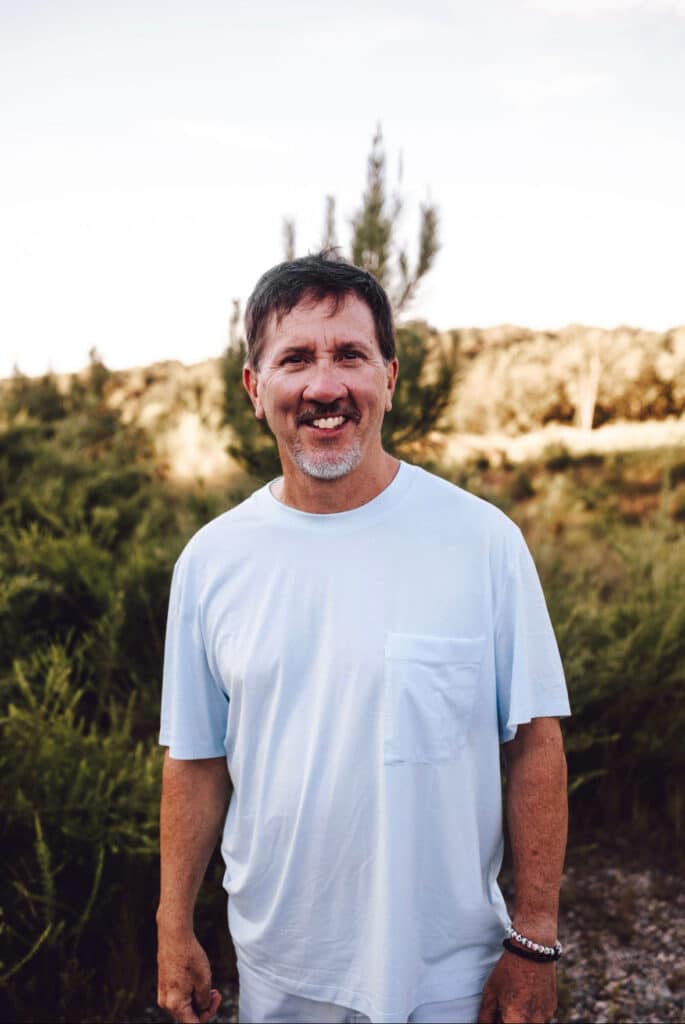
Bobby Schindler
Bobby has been involved in the Atlanta tennis scene for more than twenty five years. He co-founded Promotional Tennis Management with Dennis Hord which would later become ERS Tennis. ERS Tennis specializes in facility management, event creation and staging, marketing and professional instruction. ERS has managed Chartwell and St. Marlo subdivisions, Olde Towne Club in Duluth and is currently at Windermere subdivsion in Cumming, GA. ERS has administered clinics for the Atlanta Thunder formerly of World Team Tennis, the ATP Tour and the Worldwide Senior Tour featuring Jimmy Connors.
Bobby is proud of having assisted Northside Hospital create their Breast Cancer Awareness Day held annually throughout metro-Atlanta. Bobby was the tennis director at White Columns Country Club for thirteen years, is a USPTA certified professional and a member of the GPTA.
Bobby has been involved on the business side of the tennis industry having relationships with professional events in Georgia, Florida and South Carolina. He has also worked with Premier Tennis Travel host’s of the world’s most exclusive tennis pro-am held annually on Sir Richard Branson’s private island Necker.
Bobby partnered Cadillac with the WTA Family Circle event in Charleston, South Carolina for two years and with the Rafa Nadal exhibition held in Gwinnett, Georgia in 2020. He was the court-side announcer for the Atlanta Thunder of World Team Tennis and the Atlanta stop on the Worldwide Senior Tour.
Bobby received his undergraduate degrees from Texas Christian University, Masters from Georgia State University and is Dad to EmilyRose. GO FROGS!
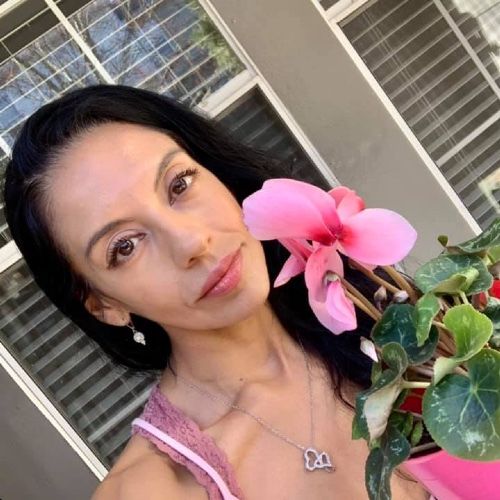
Geovanna Boyce
FITNESS PROFESSIONAL
I have been training and coaching clients through private and group classes for the past 20 years! As a dancer, lifelong fitness and wellness advocate I found in Pilates the perfect balance between mind and body. Known to my clients as “Coach Geovi,” my interdisciplinary knowledge, experience and passion is going to inspire you, motivate you, and give you all the tools to achieve your individual fitness and wellness goals.
PILATES TRAINING AND CERTIFICATIONS
I became a certified Instructor with AFPA and has trained and worked with internationally recognized institutions and instructors, in combination with my passion to help and guide others, it has become my life mission, to help others in their journey to achieve optimal fitness and overall wellness independently of their fitness level. Holding an international Pilates Mat and Apparatus certification with Centro Zen Pilates, Zumba and Reiki healing training and certifications as well, my personal and individual approach to mind and body conditioning makes my clients more aware of their own body’s needs and how to optimize every single movement to their full benefit.
PERSONAL LIFE
Born and raised in Ecuador, I moved to the US when I was 24 years old and eventually found my passion for Pilates sending me into the journey of fitness and wellness. I had the great opportunity to homeschool our two children, Colette is a graduate from Duke University and Michael is a Lance Corporal in the Marine Corps. I have been blessed with wonderful children and an amazing husband, whose love and support are my inspiration. In October 2022 we welcomed Geovanni Shaun Boyce to our family.
Social Media Profiles:
